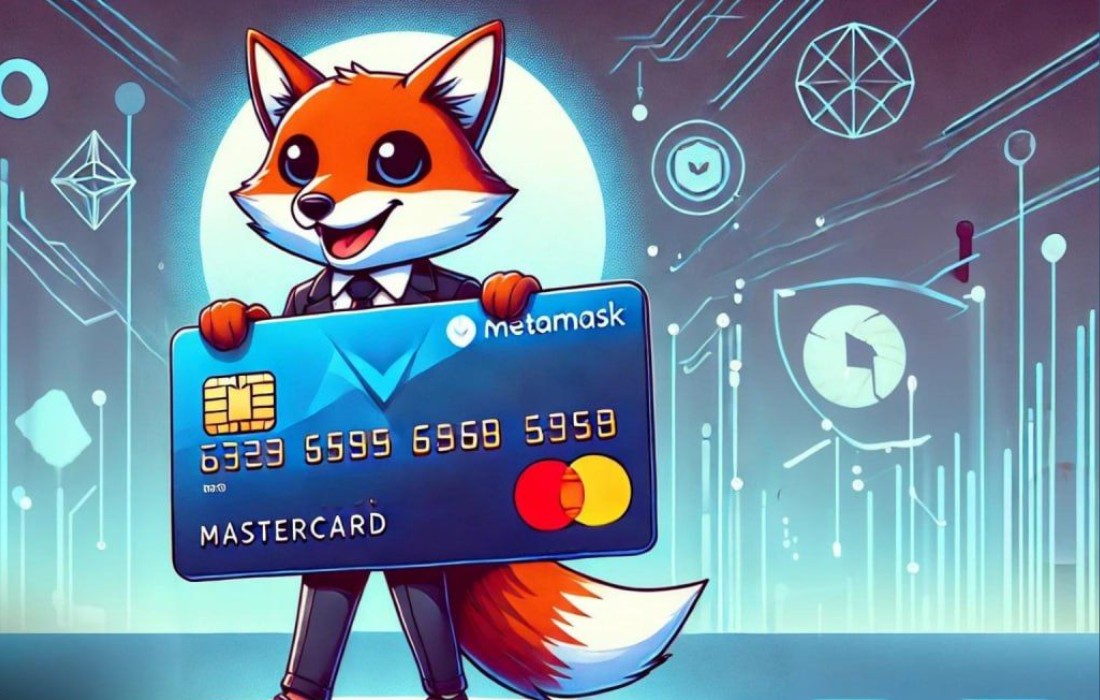The term Peer to Peer (P2P) is becoming increasingly common. However, many people still have doubts about the meaning and operation of P2P transactions. So, what is P2P? Let’s find out together!
In today’s business and financial world, the term Peer-to-Peer (P2P) is becoming increasingly popular. However, many people still have questions about P2P transactions. So, what is P2P? In this article, let’s delve into this concept together with AZC.News, understand more about the Peer-to-Peer model, its significance, and why it has become an integral part of the modern financial world.
What is P2P Trading?
Peer to Peer (P2P) Trading, in the context of cryptocurrency, refer to the process of exchanging digital currencies directly between individuals or organizations without the involvement of a traditional intermediary, often referred to as peer-to-peer trading. In these transactions, the buyer and seller directly exchange digital assets through online platforms or by meeting in person.
This process is often facilitated through P2P trading platforms, where users can create accounts and place buy or sell orders for cryptocurrencies. Subsequently, parties negotiate prices and exchange terms directly with each other. P2P transactions are typically conducted using online payment methods such as bank transfers, payments through digital wallets, or cash.
P2P cryptocurrency transactions offer users high flexibility and independence, allowing them to avoid the restrictions and fees associated with traditional intermediaries such as banks or centralized exchanges.
What is a P2P Exchange?
A P2P exchange is an online platform that connects users to facilitate direct transactions with each other without the involvement of any intermediaries. On a P2P exchange, users can place buy or sell orders for cryptocurrencies and interact directly with others in the community to execute transactions. The operation of a P2P exchange is relatively straightforward.
First, users register accounts on the platform and verify their identities. Then, they can place buy or sell orders for cryptocurrencies, specifying the desired quantity and price.
When a buy order matches a sell order, the two parties begin to negotiate prices and transaction terms. Typically, P2P exchanges provide tools to support the negotiation process and ensure safety for both parties, such as user rating systems, secure payment methods, and dispute resolution systems.
If the two parties reach an agreement, the transaction is executed, and the cryptocurrency is transferred from the seller’s wallet to the buyer’s wallet. Subsequently, both parties can rate and provide feedback on their experience on the exchange to help the user community gain more information when conducting future transactions.
3 Most Popular P2P Exchanges Today

- Paxful: Paxful is a popular P2P cryptocurrency exchange where users can exchange Bitcoin with various payment methods including gift cards, bank transfers, and even cash. Paxful focuses on providing a user-friendly and secure platform for cryptocurrency trading.
- Binance P2P: Binance P2P is a part of the large cryptocurrency exchange Binance. It allows users to exchange fiat currency for cryptocurrencies such as Bitcoin, Ethereum, and many others directly. The exchange provides a flexible trading environment with high liquidity, along with strong security measures to protect users.
- LocalCryptos: LocalCryptos is a P2P cryptocurrency trading platform focused on exchanging Ethereum and Bitcoin. Unlike other exchanges, LocalCryptos does not store user funds on the exchange but instead uses end-to-end encrypted smart wallets to protect user assets. This enhances security and privacy for transactions on the platform.












